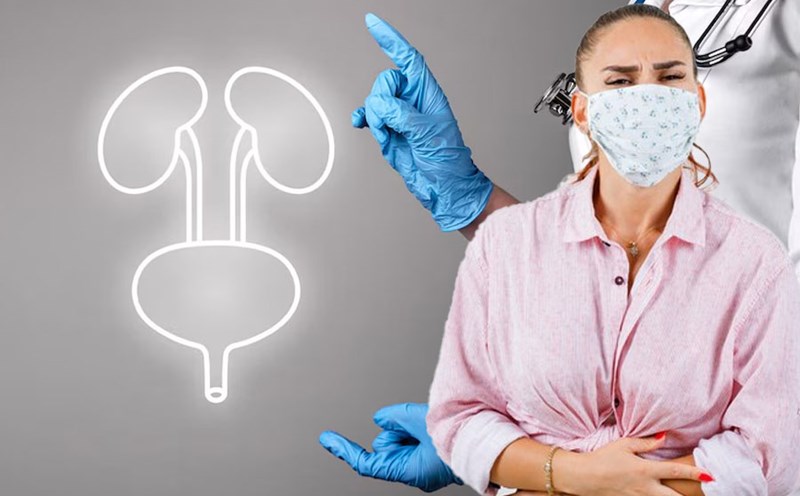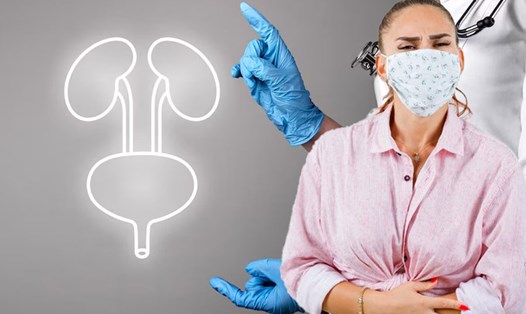According to Dr. Santosh Gawali - senior consultant urologist and transplant surgeon, Jaslok Hospital and Research Center, Mumbai (India), menopause is a period that marks the end of fertility in women, while bringing many physical and emotional changes. One of the most important changes during this period is a decrease in estrogen hormone, which not only causes symptoms such as hot flashes, vaginal dryness and mood swings but also increases the risk of certain diseases, including urinary tract infections (UTIs).
Dr. Santosh Gawali says women are more susceptible to urinary tract infections (UTIs) than men, which is mainly due to the pathological structure of the female body, such as the short and nearly anorectal urethra. However, for menopausal women, this risk is even higher due to a decrease in estrogen hormone.
Reasons why menopausal women are at higher risk of UTI
Hormonal imbalance: During menopause, estrogen levels drop sharply. Estrogen plays an important role in maintaining the elasticity of the vaginal and urinary lining. A lack of estrogen thins the lining and causes dryness, irritation, and narrowing of the urethra, creating favorable conditions for bacteria to invade and cause infection.
Loss of beneficial bacteria: Estrogen also helps maintain beneficial bacteria in the vaginal and bladder. When estrogen levels decrease, this beneficial bacterial system is also weakened, creating conditions for disease-causing bacteria to grow and cause infection.
Other factors: In addition to decreased estrogen levels, factors such as constipation (common in menopausal women), low water intake, and sexual activity can also contribute to an increased risk of UTI.
Symptoms of UTI
Menopausal women need to pay attention to the following symptoms to promptly identify UTI:
apparent burning, pain when urinating.
Fever.
Increased frequency and need to urinate urgently.
apparently staying up late or waking up multiple times during the night to urinate.
Feeling of unable to urinate or urinating.
Note
Menopausal women need to pay special attention to their urinary tract health because a decrease in estrogen hormone can increase the risk of UTI. Following a healthy diet, using hormone therapy if necessary, and maintaining a healthy lifestyle can help reduce the risk of urinary tract infections. If you have symptoms of UTI, women should consult a doctor for timely diagnosis and treatment.









